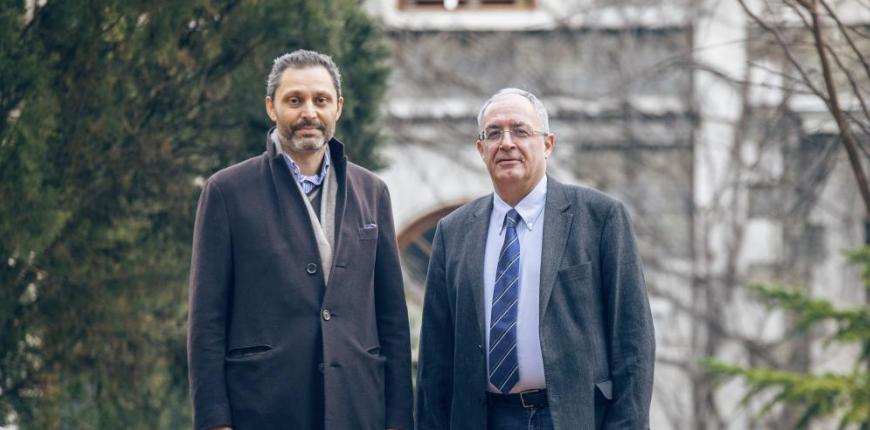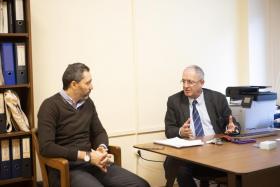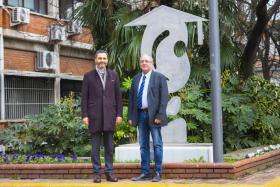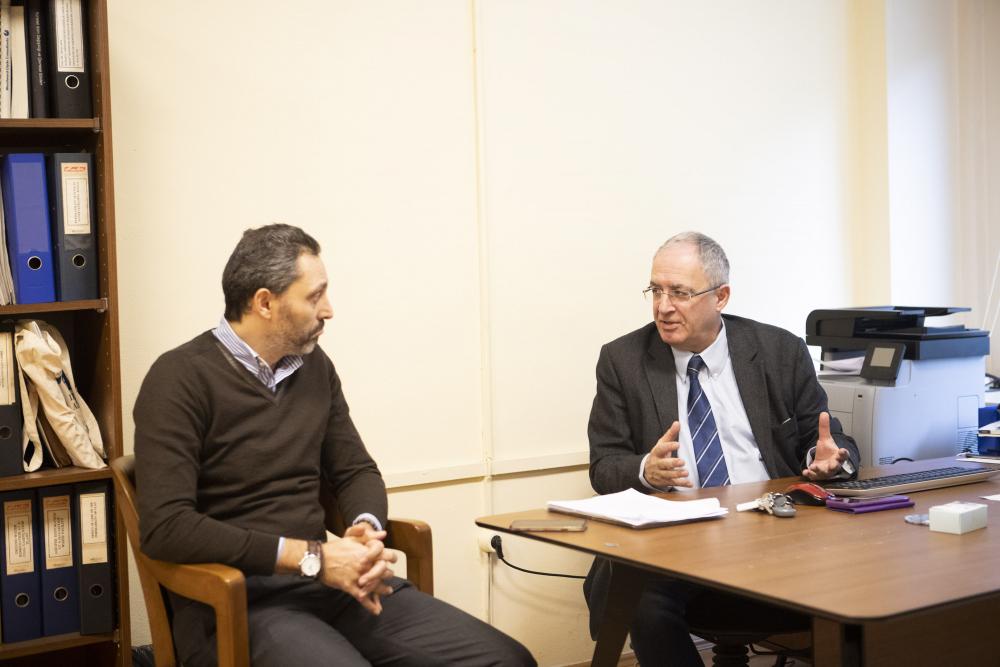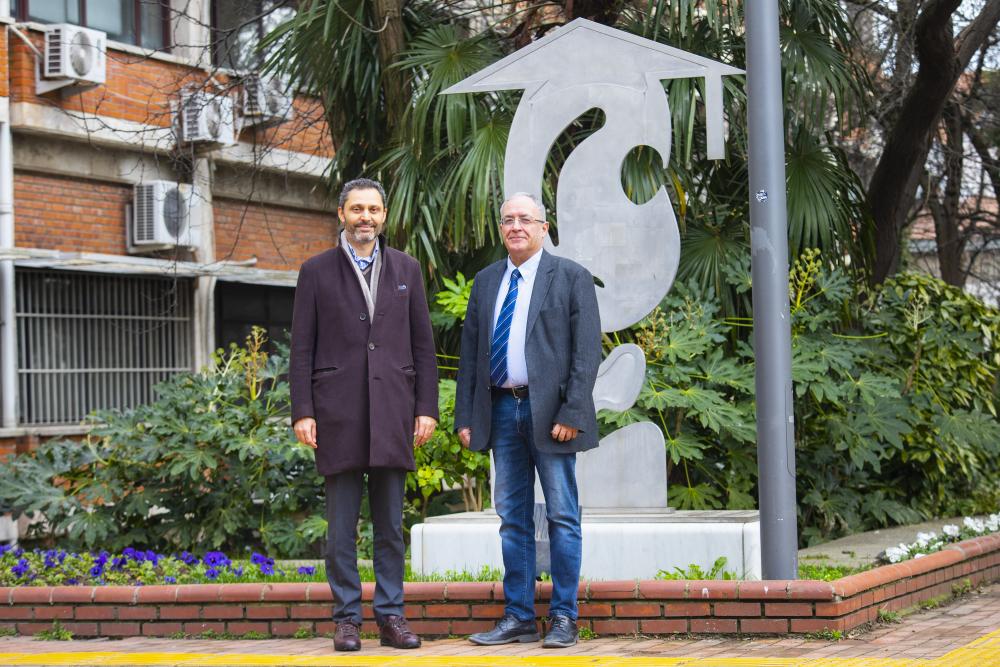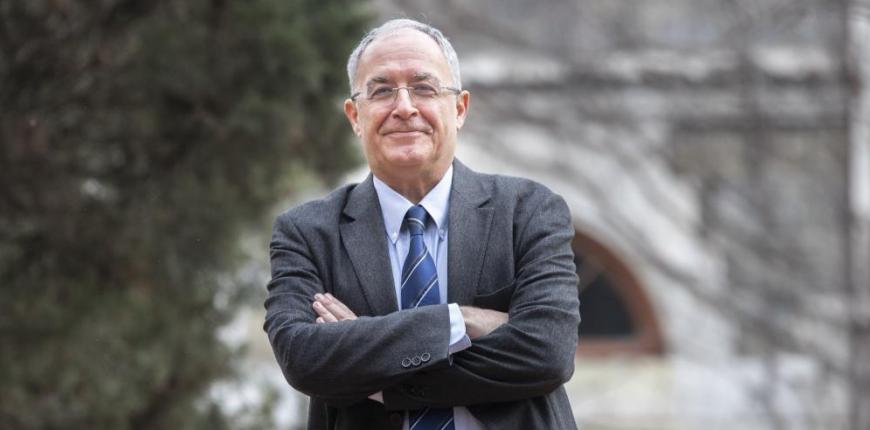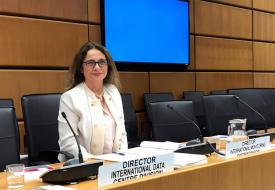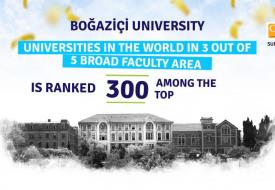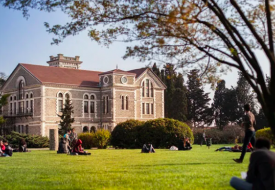A project from Boğaziçi University and MIT to save İstanbul from flooding
Prof. Dr. Cem Avcı graduated from Boğaziçi University Civil Engineering Department in 1979, and received his doctoral degree in the same field from Purdue University in 1985. He has been working in the field of hydraulic within the department of Civil Engineering at Boğaziçi University since 1989. Among Cem Avcı’s areas of expertise are developing optimization modelling for surface and underground water. He emphasizes the fact that Antalya’s tornedo disasters in the recent months and floods in the big cities, now regularly recorded, convey their own risks in the changing natural conditions, even though earthquake comes first into mind in terms of making provisions against major risky matters in the cities. Cem Avcı indicated that, within the project funded by Limak foundation, in the period of 2018-2019, MIT MISTI- Boğaziçi University partnership project aims to measure regional rains and their historical changes in Istanbul, and analyze urban wetlands in order to investigate the effects of future negative weather conditions on the current drainage system and provide guidance in the design of more flexible infrastructures. Daily and estimated precipitation will be evaluated within the scope of the project; average and extreme precipitation will be determined through gaining satellite data and ground centered transmitters (stations). Prof. Dr. Avcı emphasized that, the outcome of this study, along with other present studies, will support the future investment plans of Istanbul Greater Municipality and of Istanbul Water and Sewage Management (İSKİ) and said: “Average and extreme precipitation in the future will be considered as important data for determining investment regions and city expansions. Another thing will be to determine the wetlands in terms of the current use of the land and ecological conditions.’’ Cem Avcı remarked that, traditional infrastructure models were suitable for the climate conditions of the past, however, their capacity to drain stormwater in today’s changing climate conditions falls short. He gave additional information about the project: “We plan to calculate future climate changes by looking into micro climate data. In other words, we will move forward based on the predictions of climate changes. This subject is among MIT’s areas of expertise. They already had research on how temperature and precipitation would change in the US, but now we will do these modellings on the micro-scale in Istanbul.”
One of the project researchers Dr. Mehmet Emre Çamlıbel is a part-time lecturer at Boğaziçi University Civil Engineering Department while he continues his research at Vilnius Gediminas Technical University in Lithuania. Dr. Çamlıbel stated that infrastructure optimization is not only about drainage systems but also about basins that are important in preventing rain related disasters as catchment areas, therefore, approaches in dealing with basins should be reconsidered under the changing climate conditions. Çamlıbel explained the method they will follow: “After the findings in terms of rainfall predictions based on the new climate regime, İSKİ’s drainage plan will be evaluated to find out whether it is optimum or not. MIT will make its first visits in March, we will meet İSKİ officials together and make a working plan. Later on, we will visit MIT.”
Prof. Dr. Cem Avcı pointed out that every region, except hill tops, meaning places under a certain altitude, are under risk in Istanbul. He emphasized that, flooding harbors economic risks, public health risks, and environmental risks due to the pollution in the large area of Istanbul.” “Working on infrastructure is important in order to regain rainwater, too.” Cem Avcı and Emre Çamlıbel also drew attention to the draught problem by touching on the matter of regaining rainwater. “Studies for collecting rainwater to use in irrigation, certificating buildings for the usage of graywater have been available, however this kind of studies should be considered on the scale of the whole city including the basins. İstanbul is an ever-expanding city. Besides, 2/3 of the buildings in the city had been built prior to Marmara Earthquake, so they have to be transformed. We can utilize these transformations to build new infrastructures and for sustainable rainwater recycling”. Cem Avcı ve Emre Çamlıbel mention that, since Istanbul has a place in the UNESCO World Heritage List, scientific contribution projects to solve one of Istanbul’s important problems would mean a contribution to humanity’s cultural heritage.” They complete their talk by saying: “As experts from MIT and Boğaziçi University, we will work to contribute in designing new infrastructure models using scientific approaches. According to our findings, low, moderate and high-risk regions can be determined for flooding similar to regions with the earthquake risk. In addition, assessment of future climate change data will help Istanbul Greater Municipality and Istanbul Water and Sewage Management in forming their future investment plans.”
It has been planned that the project partner MIT team will acquire the necessary data from many Municipality establishments in Istanbul through interviews, and give seminars to officials of these establishments as well as students. On the other hand, Boğaziçi University research team will give a lecture in Cambridge about flood management in İstanbul, in September 2019. The data results gained through the two teams’ exchange of ideas will be announced to the academic circles and the public in July 2020.
